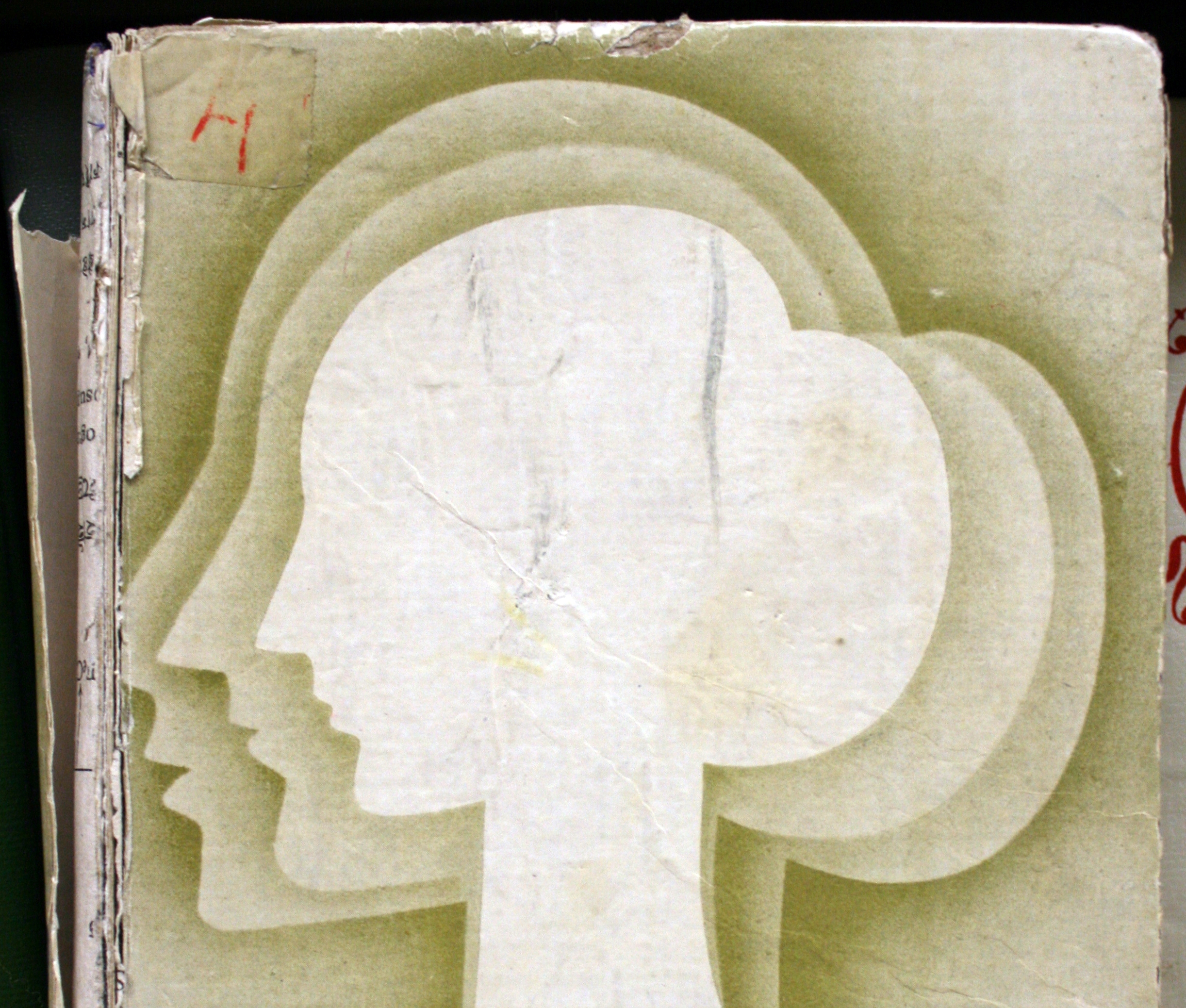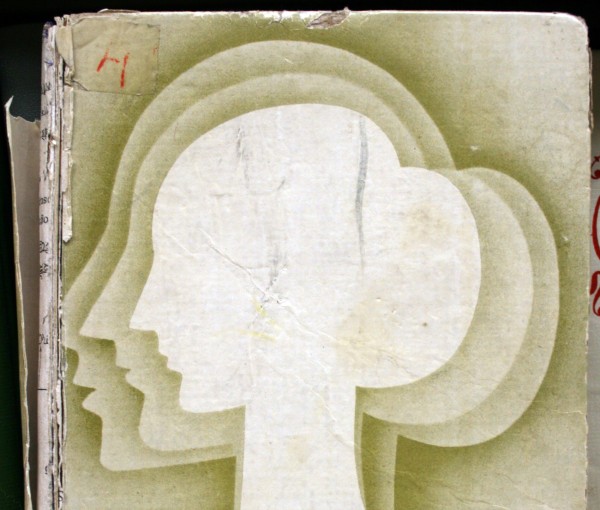Modern mainstream thought places “progress” in the hands of the west. After all, human rights, Democracy, the Enlightenment, Philosophy, English, and soccer all came from Europe and spread around the world. Ignoring the atrocity of colonialism, the modern world of nation-states and capitalism is decidedly European in flavor and substance. The passports we hold, the languages we speak, all reflect this one-sided view of progress.
But on one particular issue, it is Asia which is, surprisingly, leading the way, and history shows that, here, progress comes from a different source.
Just four months ago, South Korea joined Indonesia, India, Pakistan, Sri Lanka, Bangladesh, Thailand, the Philippines, and Mongolia as Asian countries that have Democratically elected a female head of Government. That means 1/2 of Asia’s four billion people have lived in a country with a female leaders, and many countries in Asia have elected multiple women. That would make Asia the #1 continent in the world for female political power.
This is not surprise, as many Asian cultures are, historically, matriarchal, especially in the South and Southeast regions of the continent. The world’s largest matriarchal society is the Minangkabau in Sumatra, Indonesia, in which all property is passed through the female line. Thai history has numerous stories of powerful female leaders, and certain castes in South India pass on to children the mother’s family name. Even China gave us the Empress Dowager Tzu-hsi, widely considered one of the most powerful woman of the 19th century.
In fact, it was male-dominated, western colonialism that put males in positions of power, and imposed patriarchal power systems that persist in some countries, to this day. British, Dutch, Spanish, and French colonial rulers were entirely men, as women were considered too “frail” to survive in exotic Asia. The taking of local wives as concubines, then, too often, abandoning them and their children, left a cultural and social scar that persists in many Asian societies to this day.
Nevertheless, cultural traditions survived. That’s why, long before Europe or North America, it was an Asian country that first elected a female head of state, when Sri Lankans voted for Sirimavo Bandaranaike in 1960. In the west, Switzerland, supposedly a utopia of tolerance, would take until 1971 to even give women the right to vote. One European country, the Vatican, is still ruled today by an all-male elite oligarchy.
Here in America, despite egalitarian rhetoric, we’ve yet to elect a woman President, and only a paltry 17.9% of Congress is female. That would make us #77 in the world, below Pakistan, Laos, Singapore, and Ethiopia. “Liberal” California and New York have never elected female Governors. The business world isn’t much better – a recent study found that only 4.6% of Fortune 1000 companies had a female CEO. The income women receive for doing the exact same work as men is 81%, and, after decades of progress, hasn’t shifted much in the past five years.
This isn’t to say that Asia is a paradise for woman – the recent high-profile rape and murder of a 23 year old female in India shows that, despite a preponderance for female elected officials, social norms still hold far too many women back. Gender imbalances in birth still are seen in many parts of North India, Vietnam, and China. Japan, the most economically developed Asian country, is probably still decades away from joining its Korean neighbor and putting a female in charge.
Still, much of this blame can be placed on European colonialism, which concentrated global wealth in the hands of a few, mostly male-dominated oligarchies. Despite the rapid growth of developing countries, this patriarchal system remains entrenched, as, according to the World Bank, even today today, men control 99% of global wealth.
That’s right. 99%. Women still lag men in literacy, access to health care, mortality, and only now equal men in Universities globally.
Asian society wasn’t immune to these problems, but on many fields beyond politics, Asian women are leading the way. It’s our history, our cultures which are empowering women. Progress isn’t a monopoly of the west, and sometimes, the past is more progressive than the present.
photo credit: quinn.anya via photopin cc









